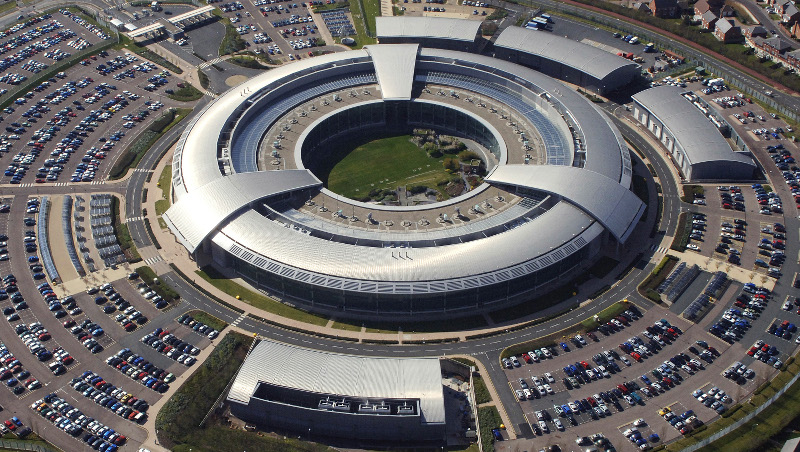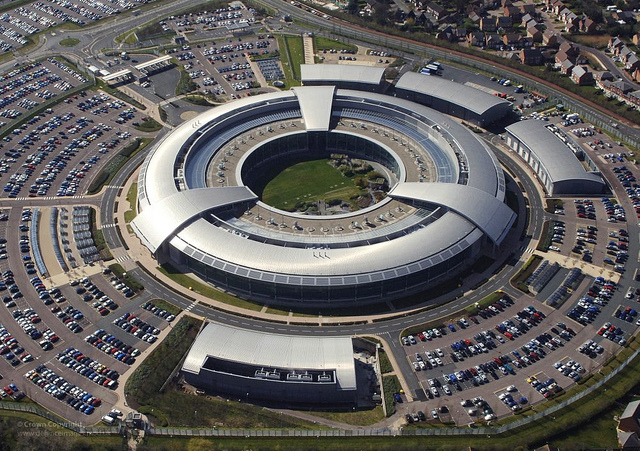UK tech skills gap could increase risk of cyber attacks
Industry heads across the UK have warned that a lack of skills in cyber security could leave businesses more vulnerable


A lack of skills in cyber security among UK graduates could lead to increased risk for businesses, industry leaders have warned.
According to statistics, only 0.6 per cent of recent graduates (2012-2013) are currently working in the cyber security sector, with others left unprepared when leaving computer science degree programs. Many technology qualifications reportedly gloss over the issue of security, creating a significant skills gap.
The concerns were brought to light by a study from the International Information Systems Security Certification Consortium, which revealed that less than 1 per cent of the 7,635 computer science graduates across the UK were working in cyber security positions.
Dr Yiannis Pavlosoglou, risk and security specialist at YBS, told the Financial Times: "The majority of graduates coming out of UK computer science and computing departments have not spent the necessary amount of time with the basic principles that govern information security and risk management."
In terms of cyber security, computer science graduates may not have an advantage over those coming from other subjects, Dr Adrian Davis, European director of IISSCC has claimed.
Organisations have been warned about this shortcoming inherent to many recent graduates, with those in the industry pointing out the risk they pose to cyber security when unable to properly protect sensitive data, extending to basic tasks such as data disposal.
"It is like building a house without locks," Derrick Bates, senior information security officer for the North Cumbria University Hospitals NHS Trust added. "What is the point in universities turning our great software developers and web designers if they have no idea how to design them securely."
Sign up today and you will receive a free copy of our Future Focus 2025 report - the leading guidance on AI, cybersecurity and other IT challenges as per 700+ senior executives
In an effort to address the problem, GCHQ has approved six masters degrees focused on online security. These include offerings from Edinburgh Napier University, Lancaster University, the University of Oxford and Royal Holloway and University of London.
GCHQ said of the accreditations: "The National Cyber Security Strategy recognises education as key to the development of cyber security skills and, earlier in the year, UK universities were invited to submit their cyber security Masters degrees for certification against GCHQ's stringent criteria for a broad foundation in cyber security.
"Partnerships have been key throughout the process with the assessment of applicants based on the expert views of the industry, academia, professional bodies, GCHQ and other government departments."
Caroline has been writing about technology for more than a decade, switching between consumer smart home news and reviews and in-depth B2B industry coverage. In addition to her work for IT Pro and Cloud Pro, she has contributed to a number of titles including Expert Reviews, TechRadar, The Week and many more. She is currently the smart home editor across Future Publishing's homes titles.
You can get in touch with Caroline via email at caroline.preece@futurenet.com.
-
 Microsoft unveils Maia 200 accelerator, claiming better performance per dollar than Amazon and Google
Microsoft unveils Maia 200 accelerator, claiming better performance per dollar than Amazon and GoogleNews The launch of Microsoft’s second-generation silicon solidifies its mission to scale AI workloads and directly control more of its infrastructure
-
 Infosys expands Swiss footprint with new Zurich office
Infosys expands Swiss footprint with new Zurich officeNews The firm has relocated its Swiss headquarters to support partners delivering AI-led digital transformation
-
 Former GCHQ intern risked national security after taking home top secret data
Former GCHQ intern risked national security after taking home top secret dataNews A former GCHQ intern has pleaded guilty to transferring data from a top-secret computer onto his work phone.
-
 Businesses must get better at sharing cyber information, urges former GCHQ chief
Businesses must get better at sharing cyber information, urges former GCHQ chiefJeremy Fleming, the former head of GCHQ, has warned businesses face increasingly sophisticated cyber attacks on critical national infrastructure (CNI).
-
 UK and US pledge to punish cyber criminals at annual meeting
UK and US pledge to punish cyber criminals at annual meetingNews Intelligence and defence officials met at the annual forum to discuss approaches to cyber security for the years ahead
-
 GCHQ opens up about concealing cyber threats from global community
GCHQ opens up about concealing cyber threats from global communityNews In a series of publications from GCHQ and the NCSC, security directors explain why and how it keeps security threats a secret
-
 GCHQ has "over-achieved" at developing state hacking tools
GCHQ has "over-achieved" at developing state hacking toolsNews The organisation has developed double the offensive cyber attacks than that of criminals
-
 Canada's spy agency releases its own anti-malware tool to the public
Canada's spy agency releases its own anti-malware tool to the publicNews The CSE says its scalability makes it an ideal fit for enterprise applications
-
 The Queen formally opens National Cyber Security Centre
The Queen formally opens National Cyber Security CentreNews UK cyber chief talks tough in the face of hacker threats
-
 UK hit 'by almost 200 Russian cyber attacks' in three months
UK hit 'by almost 200 Russian cyber attacks' in three monthsNews Cybersecurity chief: Britain could soon be hit by a "category one" attack
